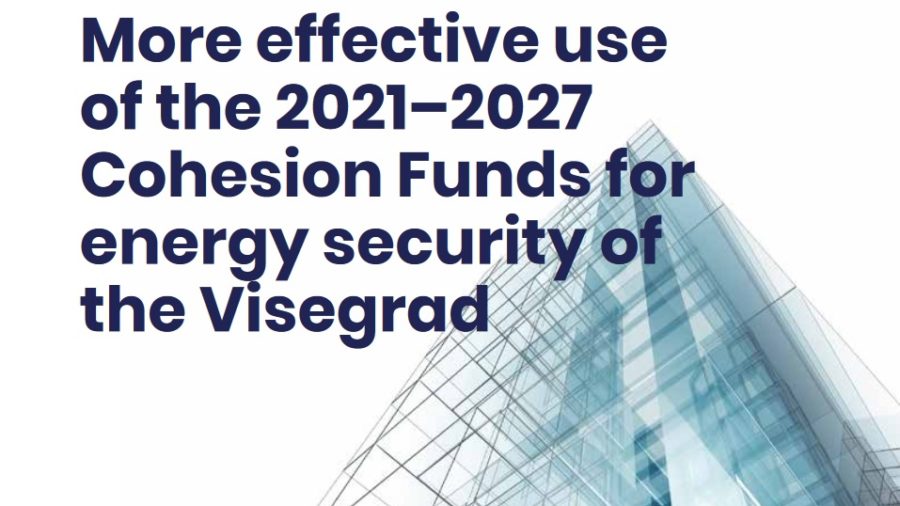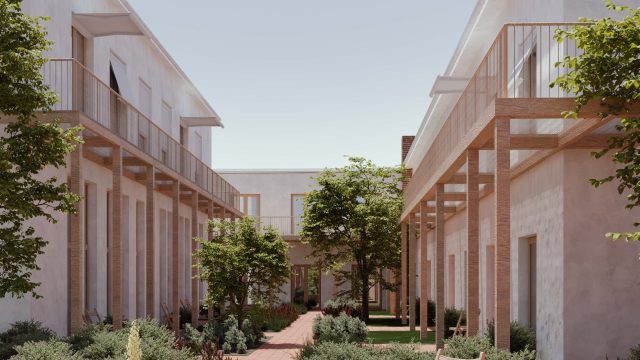This policy paper, co-authored by MEHI, summarizes recommendations to make Cohesion Funding 2021–2027 more effective in terms of financing construction and renovation of buildings. They have been drafted by experts of the project consortium Buildings for the Visegrad Future and consulted by several stakeholders, utilizing real life experience and multi-disciplinary technical knowledge. We wish to contribute to the ongoing process of preparation of the Partnership Agreements and Operational Programmes for the 2021–2027 period.
The European Structural and Investment Funds are the major source of funding for the renovation of the neglected and energy inefficient building stock in all V4 countries. Yet, the current level of investment is insufficient in terms of the number of renovated buildings as well as the resulting quality of the buildings. This could be fundamentally improved through more effective setup and deployment of the funds in the next programming period. Buildings, which represents the single biggest potential sector for energy savings, are key to improving Visegrad’s energy security and their potential should be fully exploited. Improving the energy efficiency of buildings leads at the same time to improved health and productivity of their users, cleaner air and aids climate change adaptation of the cities.
The upcoming Cohesion Policy Framework beyond 2020 should support transition to a clean and sustainable future for Europe. This is especially relevant for investments in the building sector, which is responsible for approximately 40% of final energy consumption and 36% of all CO2 emissions in the Union. The European Commission already highlighted the importance of energy efficiency and the role of the building sector for the achievement of the Union‘s energy and climate goals. Promoting highly energy efficient building renovation, nearly zero energy new buildings and other sustainable measures relating to building sector should be fully ingrained in the next EU funding period.
This Summary Policy Paper is based on V4 Summary Analysis and Policy Recommendations published in May 2019. Its drafting has been made thanks to the generous support of the International Visegrad Fund in a project “More effective use of the 2021–2027 Cohesion Funds for energy security of the Visegrad“, pursued by a consortium including Buildings for the Future (Slovakia), Chance for Buildings (Czechia), Energiaklub in cooperation with Hungarian Energy Efficiency Institute (Hungary) and National Energy Conservation Agency (Poland).



